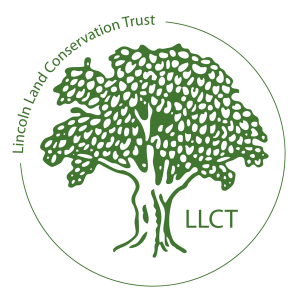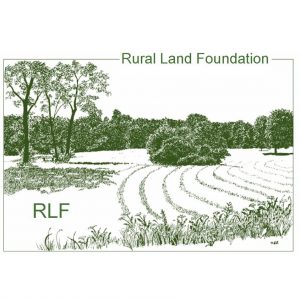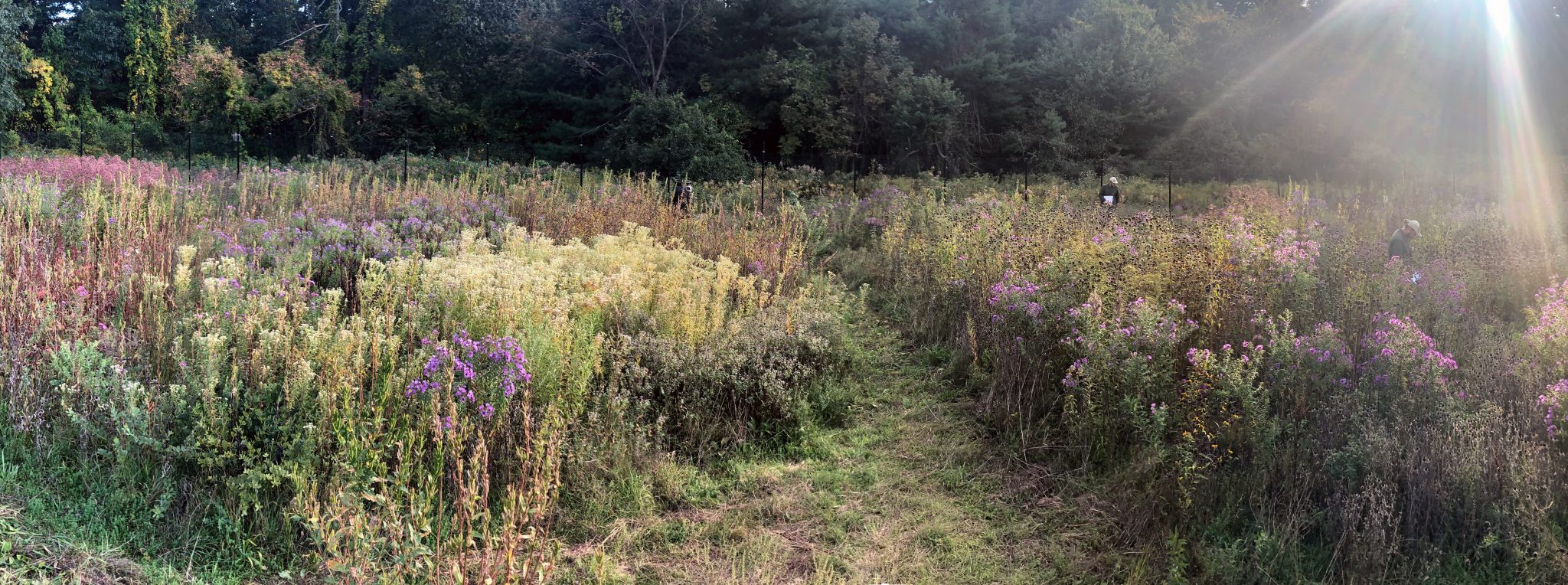As part of LLCT’s Pollinator Action Plan, three sites across Lincoln were selected to be the focus of intensive habitat restoration and scientific study by Dr. Gegear’s Beecology Project. LLCT selected sites that represented a range of ecological habitats, land use conditions, and aesthetics.
Starting in 2020, Dr. Gegear, professor of biology at UMASS Dartmouth, conducted landscape-scale surveys of interactions between animals and flowers, with a particular focus on native bumblebees*. He also surveyed populations of other native bees and bumblebees. The purpose of the study was to create a baseline as compared to historical records and future population surveys. What species are currently threatened but have a historic presence in Lincoln? Once Dr. Gegear’s study is complete, a summary of his findings will be available online.
*As a model system, [the Gegear Lab] primarily use bumblebees (Bombus spp.) because they have evolved the cognitive capacity to flexibly track food resources (nectar and pollen) in complex multi-sensory floral environments; they have rich co-evolutionary relationships with many native flowering plant species; they are highly amenable to experimental study of behavior under laboratory and field conditions; they play a critical role in maintaining ecosystem health and biodiversity; and they are easily identified to the species level under natural conditions by citizen scientists. (Taken from https://gegearlab.weebly.com/)
The Three Case Study Sites
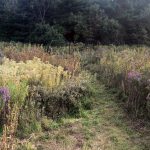
The selected case study sites are Chapman Pasture, The LLCT Pollinator Meadow (People for Pollinator Meadow), and Browning’s Field. LLCT has undertaken significant management changes and planting efforts at Chapman Pasture and the Pollinator Meadow since 2020. A prescribed burn was conducted in Spring 2021 and 2022 at Chapman Pasture, reducing the thatch of non-native grasses in the field. LLCT observed moderate increases to plant diversity in the field. LLCT has conducted ongoing shrub, tree, and perennial plantings in the field. At the Pollinator Meadow, LLCT has continued to manage the fenced area and surrounding forest-edge habitat. The Town of Lincoln Conservation Department, which owns and manages Browning’s Field, continues to manage the field to support biodiversity. Their yearly mowing seeks to balance the growth of woody invasive plants with the preservation of wet meadow habitat.
Additional Sites
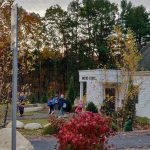 LLCT has planted additional pollinator gardens throughout Lincoln since 2020. These sites aim to expand the pollinator pathway, connecting habitat and providing public visibility to the project.
LLCT has planted additional pollinator gardens throughout Lincoln since 2020. These sites aim to expand the pollinator pathway, connecting habitat and providing public visibility to the project.
LLCT manages four sites in addition to Chapman Pasture and the Pollinator Meadow: Lincoln Station Garden, Codman Island, Codman Garden, and Stony Brook Trailhead. An additional three sites are planted and maintained by other local organizations. Birches School planted a garden at their campus in 2020. Hannan Agro Farms planted a garden in the Umbrello Field in 2023, and Lincoln Common Ground planted a garden near the MBTA parking lot in 2023. All sites are open for visitors. If visiting Birches School, please visit outside of regular school hours. No pets in the managed areas of these sites please. Click here for a list of sites, directions, and information.
